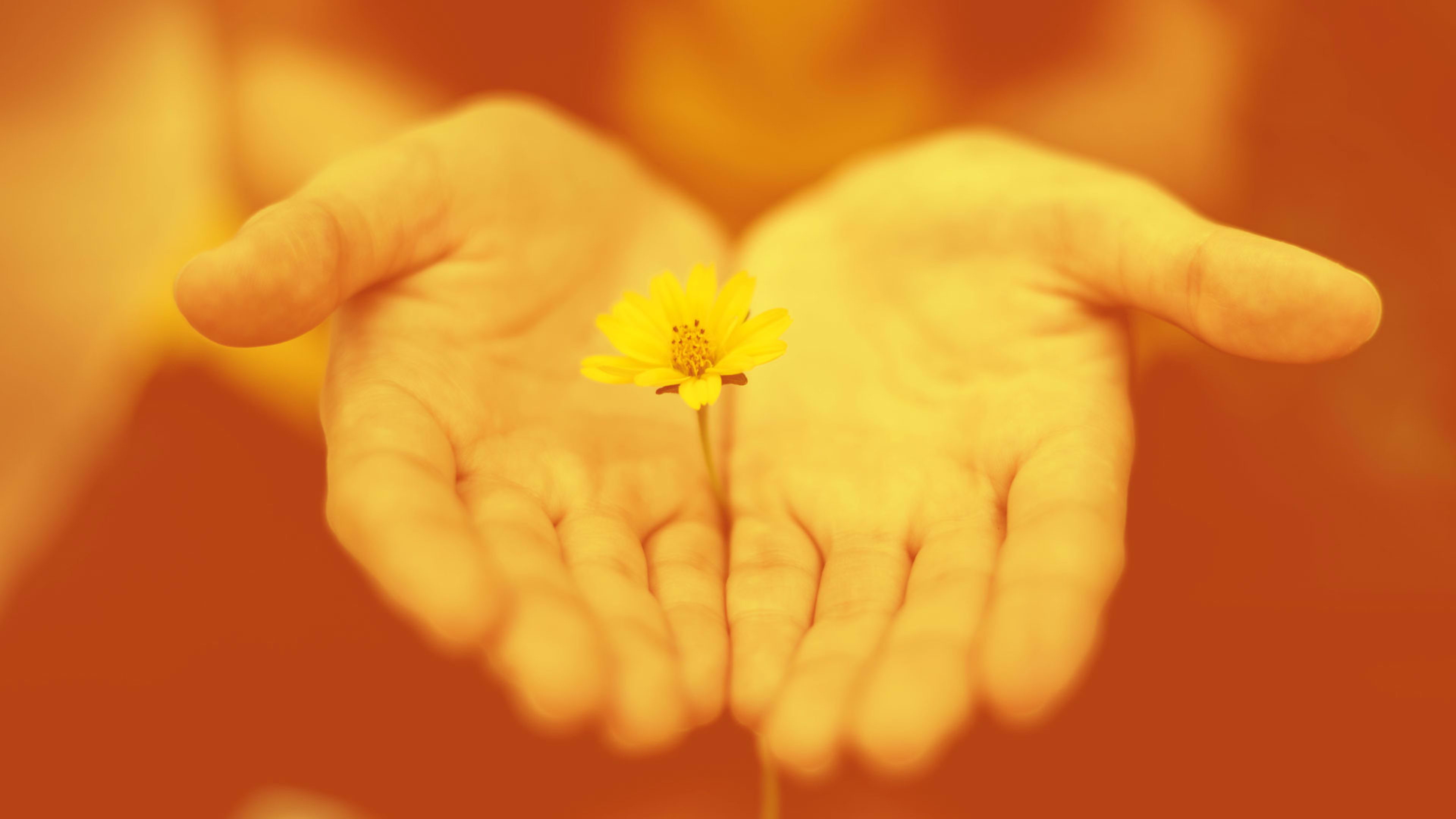Mindfulness is an age-old practice that has perhaps never been trendier in workplaces across the nation. Massive companies like Google and Intel offer meditation and mindfulness courses for their employees. And research suggests they’re on to something. A study recently published in the Organizational Behavior and Human Decision Processes Journal found that even just a few minutes of mindfulness per day makes employees more efficient and helpful.
But mindfulness at work doesn’t always take the form of a formal class. Plenty of workers—including CEOs—have implemented personal practices in their daily routines. This is good news, since research tells us when a CEO is stressed, the rest of the company feels it. And if those stress levels get too high, employees will likely move on.
Since it’s so critical for CEOs to keep their stress in check, we asked eight of them how mindfulness helps them do that—and what impact it’s had on their leadership:
Clear your mind
Perhaps the most popular form of mindfulness, meditation is a daily ritual for many CEOs—including Bobby Figueroa, who founded Gradient, an intelligent insights platform for Amazon. “As a CEO, you’re under a constant barrage of urgencies, perceived and real. Being mindful is my superpower for making better decisions in those moments,” he says.
Coline Juin tapped into that “superpower” a couple years ago when she launched Moona, a line of sleep products. “A retreat truly helped me experience its impact and tremendously decrease my—and I believe the team’s—stress level,” she says, adding that she’s now made mindfulness part of her corporate culture. “We’re already seeing the fruits in terms of team collaboration and lower stress levels. I’m confident it will be key to the overall success.”
Power down
“My rule is no screens on Saturdays,” says Nirav Shah, CEO of Sentinel Healthcare, a remote management solution for hypertension. “It allows me to recharge, spend time with family, and come back Monday better rested and with new insights.” She encourages her employees to unplug for the weekend too.
“My team looks to me to set these expectations. Having a healthy work environment—and a team that’s ready to do good, creative work—means taking breaks.”
Sweat it out
“My way to [practice] mindfulness is playing sports to keep my body active and settle my busy mind,” says Jurgi Camblong, CEO and founder of SOPHiA GENETICS, a biotech company committed to data-driven medicine.
That also does the trick for Scott Smith, the CEO of CloudApp, a cloud-based screen- and video-capture application. “Exercise is generally one of the first areas that’s forgotten when you start to get into a really high-stakes, emergency, or high-effort zone. You need to be able to step back and remember to take care of your physical self,” he says.
Often, he’ll opt for yoga because “it’s so easy to take 10 minutes for yourself, and to practice letting go of any stress and strain you’re holding.”
That exercise can double as your commute, says Sara Raffa, cofounder of Coterie, which sells and delivers curated party kits. She typically walks to work, which takes about half an hour each way. “Not only is it great exercise, but it gives me time to reset and focus at the beginning and end of each workday,” she says, adding that she’ll often use the stroll to catch up on news or call a friend. “Either way, it’s a great opportunity to feel both productive and relaxed, ready to take on the day or evening.”
Get lost in a book
Linden Ellis, the other cofounder of Coterie, reads every night. “It’s my way of winding down and giving my brain a break,” she says. “I read novels that have nothing to do with business or leadership so that I can turn my attention to something completely different and get lost in a totally different world, if only for a short while.”
Be here, now
“For me [mindfulness is] doing an activity that requires my full attention,” says Ryan Napierski, president of Nu Skin, which markets personal-care products. “When I pray and meditate in the morning, I focus on that. When I mountain bike, I focus on the trail so I don’t crash. Or when I’m surfing, I have to use my whole body to push up at the right moment to catch that wave. I can’t be thinking of the next-quarter numbers.”
Practicing focusing on one thing has a real benefit, says Napierski. “These activities force me to have a single focus on what I’m doing right now. . . . So, when I am at the office, I can focus my efforts to be more productive and to be direct and decisive in my work.”
Recognize your brand's excellence by applying to this year's Brands That Matters Awards before the early-rate deadline, May 3.
